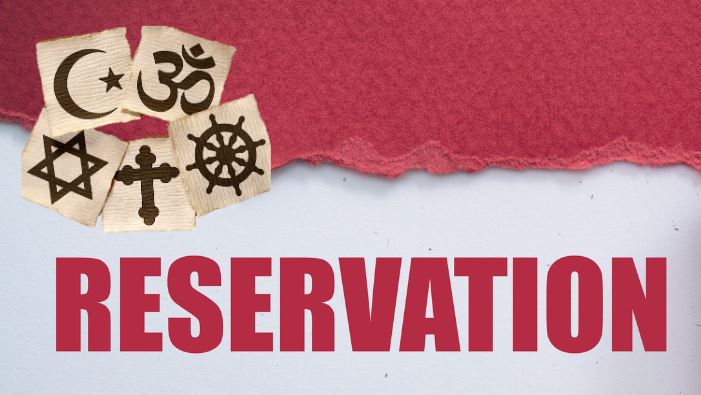Debate Around Religion-Based Reservations
India’s election season has reignited debates surrounding reservation based on religion. Questions are being asked about the compatibility of religion-based reservations with the secular principles enshrined in the Indian Constitution.
Understanding Reservation in India
The Constitution originally advocated for equality, ensuring equal treatment of all citizens. However, to address historical injustices and societal imbalances, it shifted towards equity, focusing on fairness, and necessitating differential treatment through affirmative action. This is evident in provisions such as Article 15(4) and 16(4), enabling the state to make special provisions for socially and educationally backward classes, as well as for Scheduled Castes (SCs) and Scheduled Tribes (STs).
Religion-Based Reservations: Theory and Practice
Although the Indian Constitution prohibits discrimination based solely on religion, caste, or other grounds, it allows for affirmative action in the form of reservations for “backward classes” – a group that various commissions and judgments have found can include religious minorities if they match the social and educational backwardness criteria.
Key Examples of Muslim Reservations in States
Several states have implemented reservation policies that benefit Muslims as part of backward classes:
- Kerala: Introduced a sub-quota for Muslims within the OBC quota, recognizing their backward status historically linked to caste-like divisions.
- Karnataka: Recognized 36 Muslim castes as backward and included them in the OBC quota under policies by successive state governments.
- Tamil Nadu: Provided a sub-quota for backward Muslims within the OBC reservation, ensuring that social backwardness criteria are met.
- Andhra Pradesh & Telangana: Efforts have been made to classify Muslims as a backward class altogether or for specific Muslim castes, with varying degrees of judicial acceptance and rejection based on the criteria of social backwardness.
Constitutional and Judicial Insights
The Supreme Court of India has clarified through various judgments that reservations can extend to groups (including religious groups) if they are socially and educationally backward. This aligns with the concept of substantive equality, aimed at rectifying historical disadvantages faced by certain groups.
Religion-based Quotas and Secularism
The legitimacy of religion-based reservations in a secular framework has been validated by several high court rulings, which articulated that providing reservations to socially and educationally backward religious communities does not conflict with India’s secularist principles.
Future Prospects and Challenges
The landscape of reservation in India continues to evolve, with ongoing legal, social, and political debates influencing the application and expansion of reservation policies. The key challenge remains in balancing the constitutional mandates of secularism, equality, and justice with the practical needs for social upliftment of various backward communities across religious lines.
Month: Current Affairs - May, 2024
Category: Legal & Constitution Current Affairs


